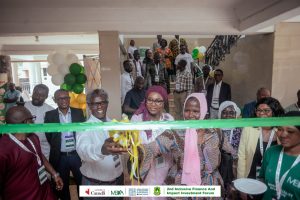
Mennonite Economic Development Association (MEDA), an international economic development organization, has held the second edition of the Inclusive Finance and Impact Investment Forum (IFIIF) in Tamale to strengthen access to finance for women-led agribusinesses across Northern Ghana.
The forum is part of MEDA’s five-year Greater Rural Opportunities for Women (GROW2) project (2021–2026), funded by Global Affairs Canada (GAC). GROW2 seeks to reach 40,000 smallholder women farmers, entrepreneurs, and agribusinesses while enhancing productivity, environmental sustainability, and gender equality in groundnuts, soyabeans, and vegetables value chains across 27 districts in Northern, Savannah, and Upper West Regions.
Organized in partnership with the University for Development Studies (UDS), Faculty of Agriculture, Food, and Consumer Sciences (FoFACS) and the Aspen Network of Development Entrepreneurs (ANDE-West African Chapter)—a global network of organisations that bring together investors, policy-makers and development partners to promote inclusive financial investment in the agri-food sector, the 2025 IFIF held under the theme “Bridging the Financial Inclusion and Investment Gap: An Opportunity for Women-Led Agribusiness in Northern Ghana”.
The forum brought together over 150 key stakeholders, including financial institutions, investors, policymakers, and agribusiness owners. It aims to address persistent barriers to finance and investment for women entrepreneurs in the agri-food sector amid growing demand for inclusive solutions within Northern Ghana’s market systems.

Opening the forum, Northern Regional Minister Hon. Ali Adolf John, represented by Deputy Director of the Regional Coordinating Council, Madam Gyimah Sharifa, described the forum as a highly recognized platform that fosters partnerships and collaboration among various stakeholders to attract investments in support of women-led agribusinesses in Northern Ghana.
He noted that government remains committed to supporting policies and programmes that promote inclusive growth, enhance women’s economic empowerment and strengthen agribusiness development. The minister further encouraged women’s groups to take advantage of the Women’s Development Bank initiative, describing it as a key component of the 24-hour economy policy under the administration of President John Dramani Mahama.
“We all need to collectively promote financial inclusion and unlock sustainable investment opportunities for women, particularly those leading agribusinesses across the region,” he said.
He also called for partnerships to create an enabling environment where micro, small and medium enterprises (MSMEs) can thrive, innovative ideas can attract the right capital and financial inclusion can serve as a catalyst for national development.
The Regional Director of the Department of Agriculture, Hawa Musah, represented by Regional Crop Officer Dauda Abdul Salam, stated that improving access to financial opportunities for women-led agribusinesses is crucial to boosting their operations.
According to her, women in agriculture continue to face significant barriers to accessing finance and investment. She said the forum provided an important platform for dialogue, partnership-building, and creating a more inclusive and equitable financial ecosystem.
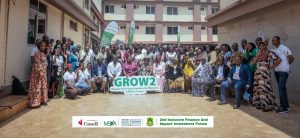
Head of the Agribusiness Department at the University for Development Studies (UDS), Dr. Vivian Boateng, commended MEDA for fostering dialogue, showcasing investment opportunities, and inspiring collective action toward innovative and inclusive financing models that empower women in agribusiness.
“Despite the vital role women play in agriculture and the food system, they continue to face disproportionate barriers in accessing finance, investment and markets,” she said. “As a university, we are committed to championing research-driven solutions, building capacity and strengthening partnerships that support women agribusiness entrepreneurs,” she added.
Diaka Diallo Sall, MEDA’s Regional Director for West and Central Africa, described IFIF as “a bridge connecting women entrepreneurs to the financial and policy ecosystems that can help their businesses grow sustainably.” She noted that through the GROW2 project, MEDA has empowered over 53,000 women farmers, surpassing its initial goal of 40,000, and supported 71 agribusinesses, exceeding the target of 50.
“These achievements reflect what happens when entrepreneurship, innovation, and finance come together to create real impact,” Mrs. Sall said. “We remain committed to harnessing the power of partnership and investment to transform the future of women-led agribusinesses in Ghana and across Africa.”
Representing Global Affairs Canada (GAC), Barnabe Ndarishikanye, Counsellor at the Canadian High Commission, reaffirmed Canada’s strong commitment to gender-responsive financing, stating, “This year’s IFIF theme is both relevant and timely. Around the world, governments face increasing budget constraints, and traditional funding alone cannot meet the diverse needs of communities. That’s why forums like this are crucial — they encourage innovation, collaboration, and financial inclusion for women in agribusiness.”
GROW2 Country Project Manager, Francis Essuman, emphasized that the Inclusive Finance and Investment Forum (IFIF) serves as a valuable platform for connecting women entrepreneurs with the financing and policy ecosystems that support their growth.
He added that IFIF 2025 is expected to generate new financing opportunities, foster policy recommendations, and catalyse partnerships that unlock investment for women-led agribusinesses across Northern Ghana.
Adding to the development partners’ perspectives, Karina Karunwi, West Africa Regional Head of the Aspen Network of Development Entrepreneurs (ANDE), highlighted the need for structural change in financing for women-led enterprises. “Women receive less than 10% of available financing globally, yet they reinvest up to 90% of their income into their families and communities,” she said. Forums like IFIF are critical for driving this change — by building ecosystems where women entrepreneurs have equitable access to capital, mentorship, and opportunities to grow their impact.
Founder of Suglo Suhudoo Enterprise, Murijana Abubakari, said “This forum gives us visibility and voice, it connects us directly with the people who can help us grow.” “The networking opportunities and investor interest have made us feel seen and supported in ways we have not experienced before,” she said.
Key highlights from IFIF 2025 included Agri-SME presentations from women-led agribusiness, panel discussions on green financing models, investment readiness, pitching of investment ideas and exhibition to showcased products and innovations.
The post MEDA holds inclusive finance and impact investment forum in Tamale appeared first on The Business & Financial Times.
Read Full Story
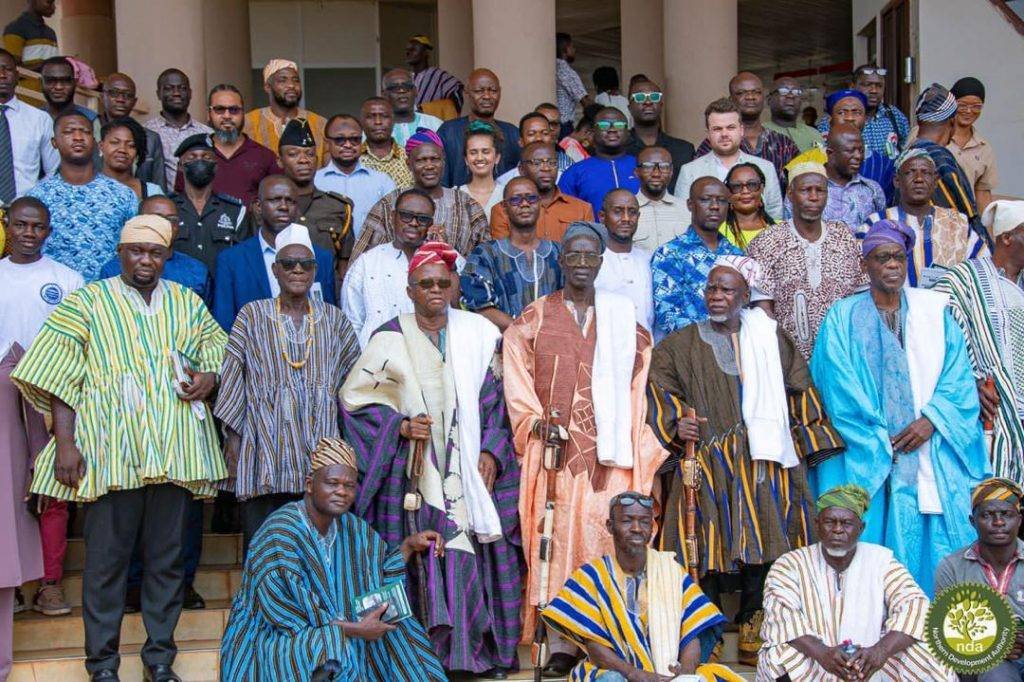
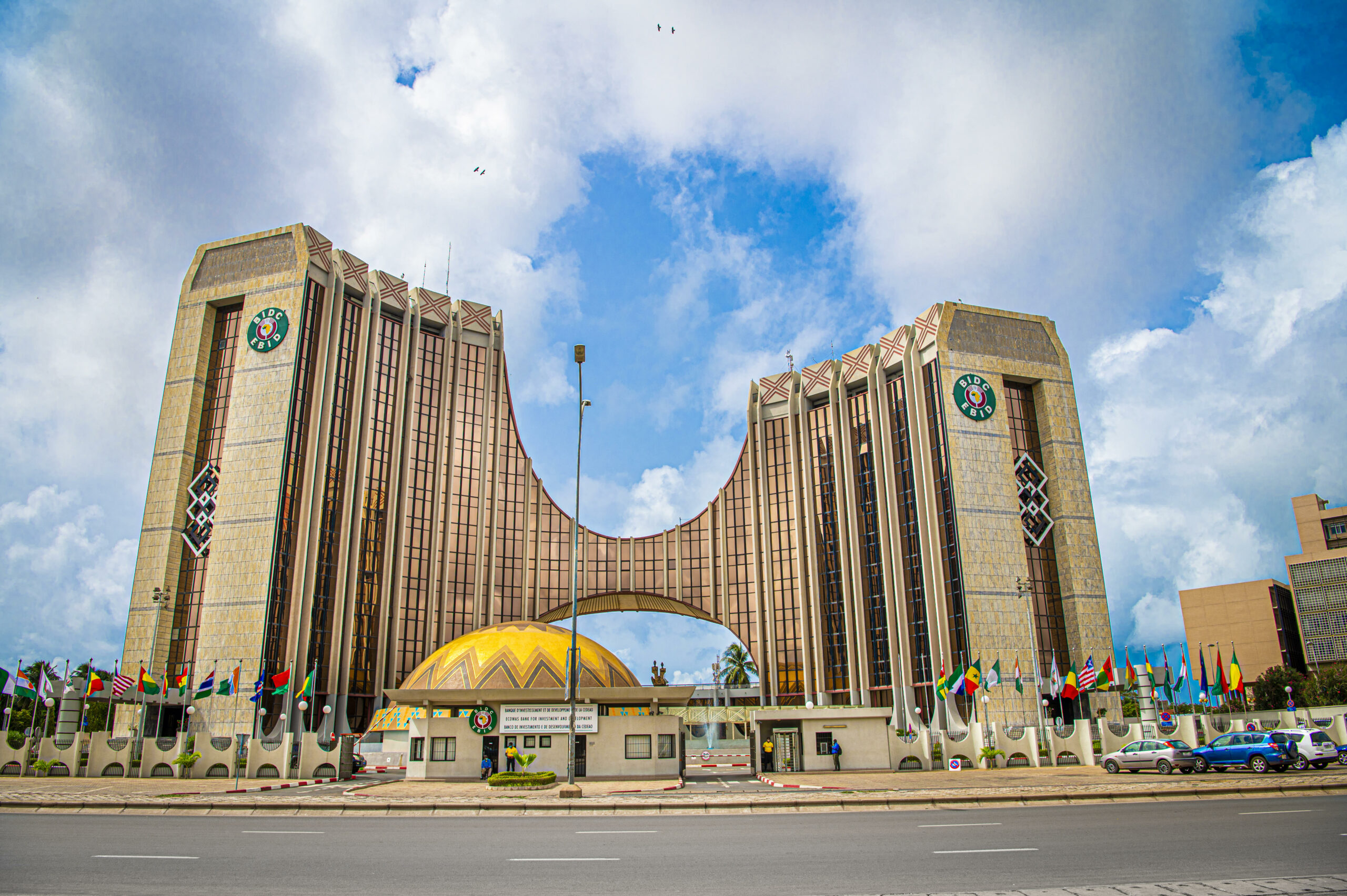


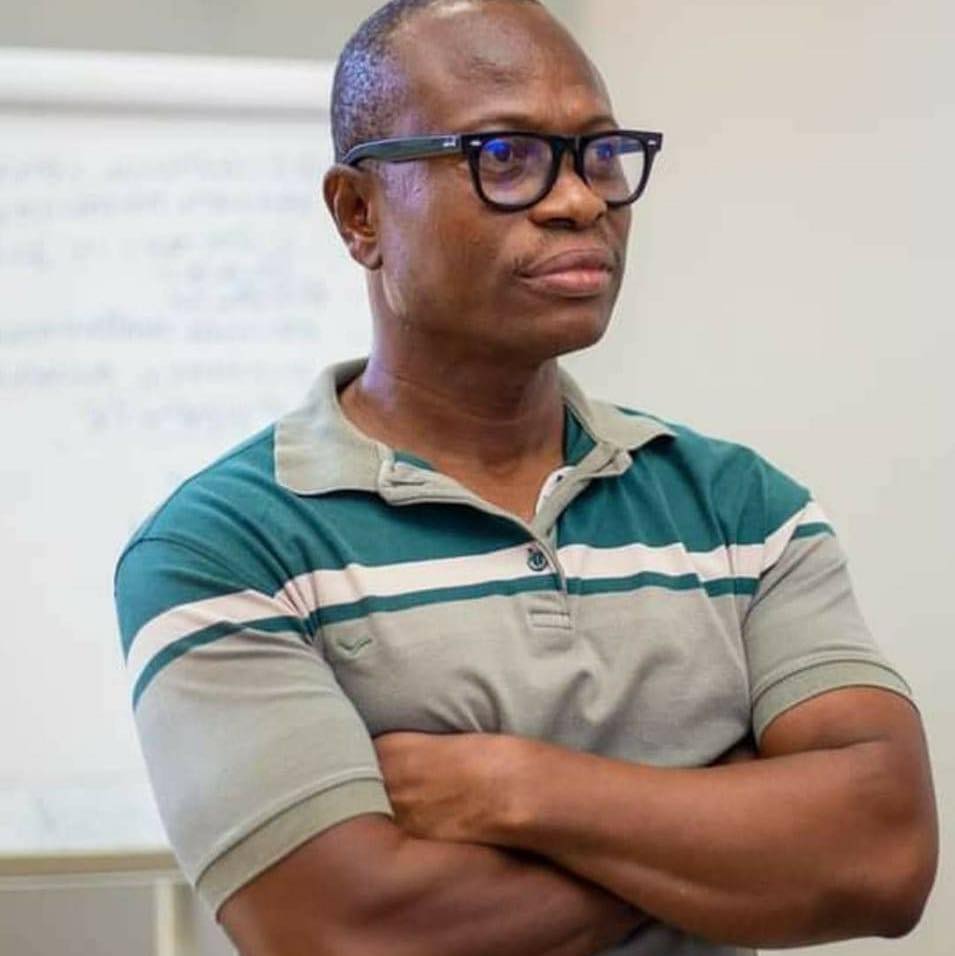
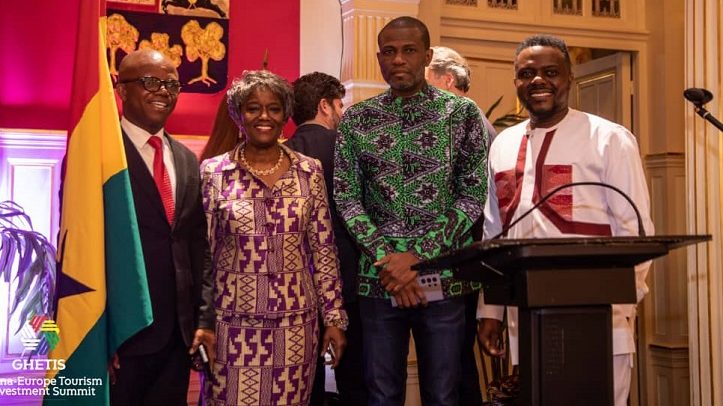
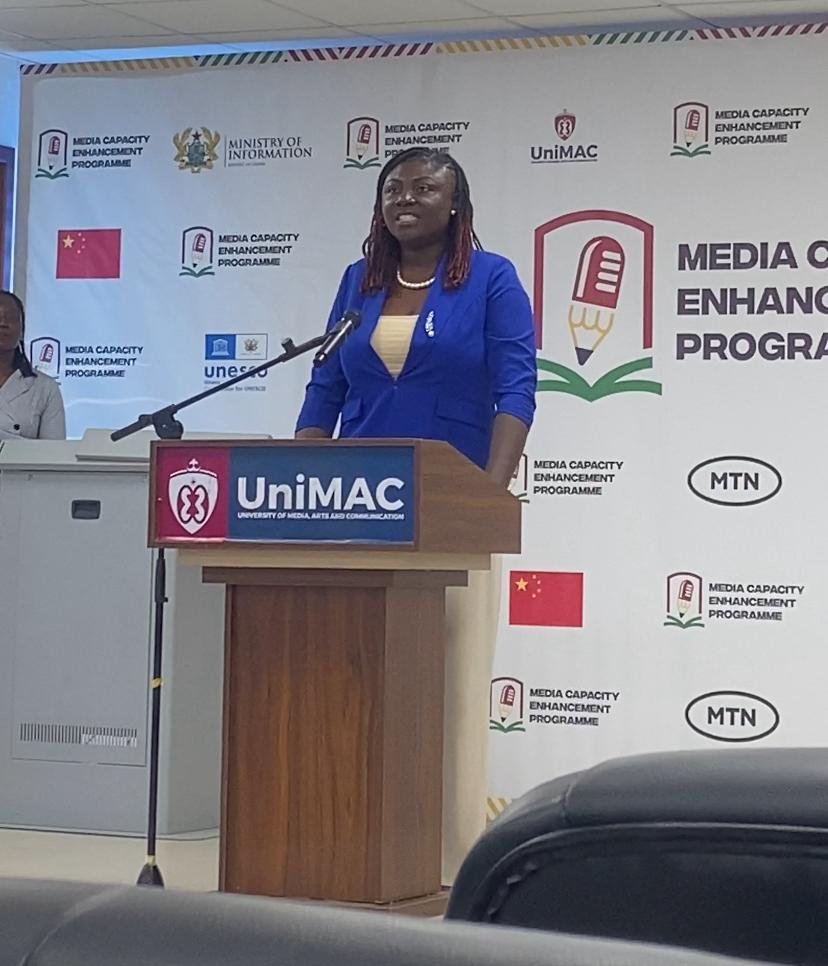











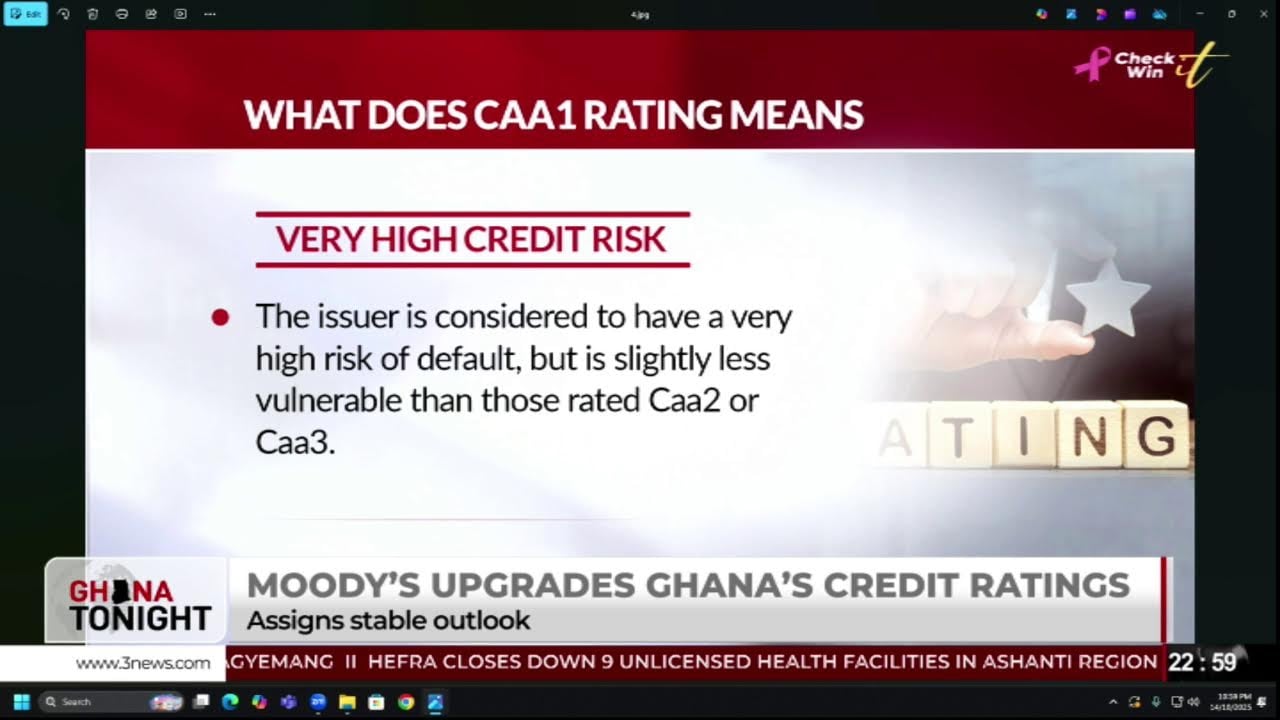




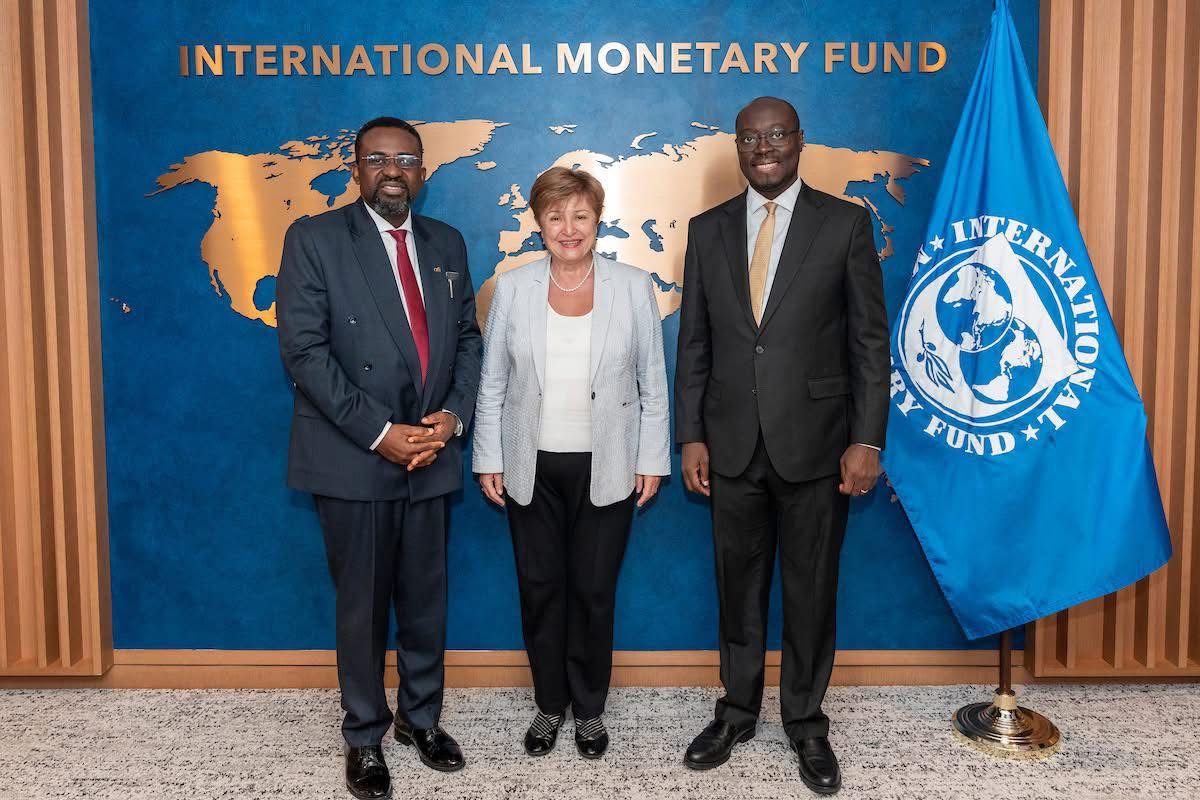


Facebook
Twitter
Pinterest
Instagram
Google+
YouTube
LinkedIn
RSS